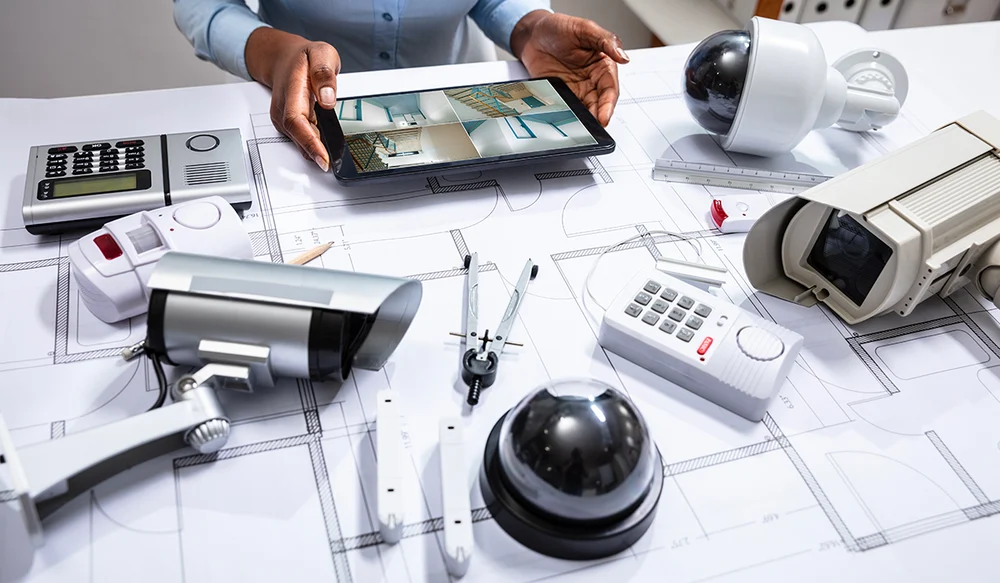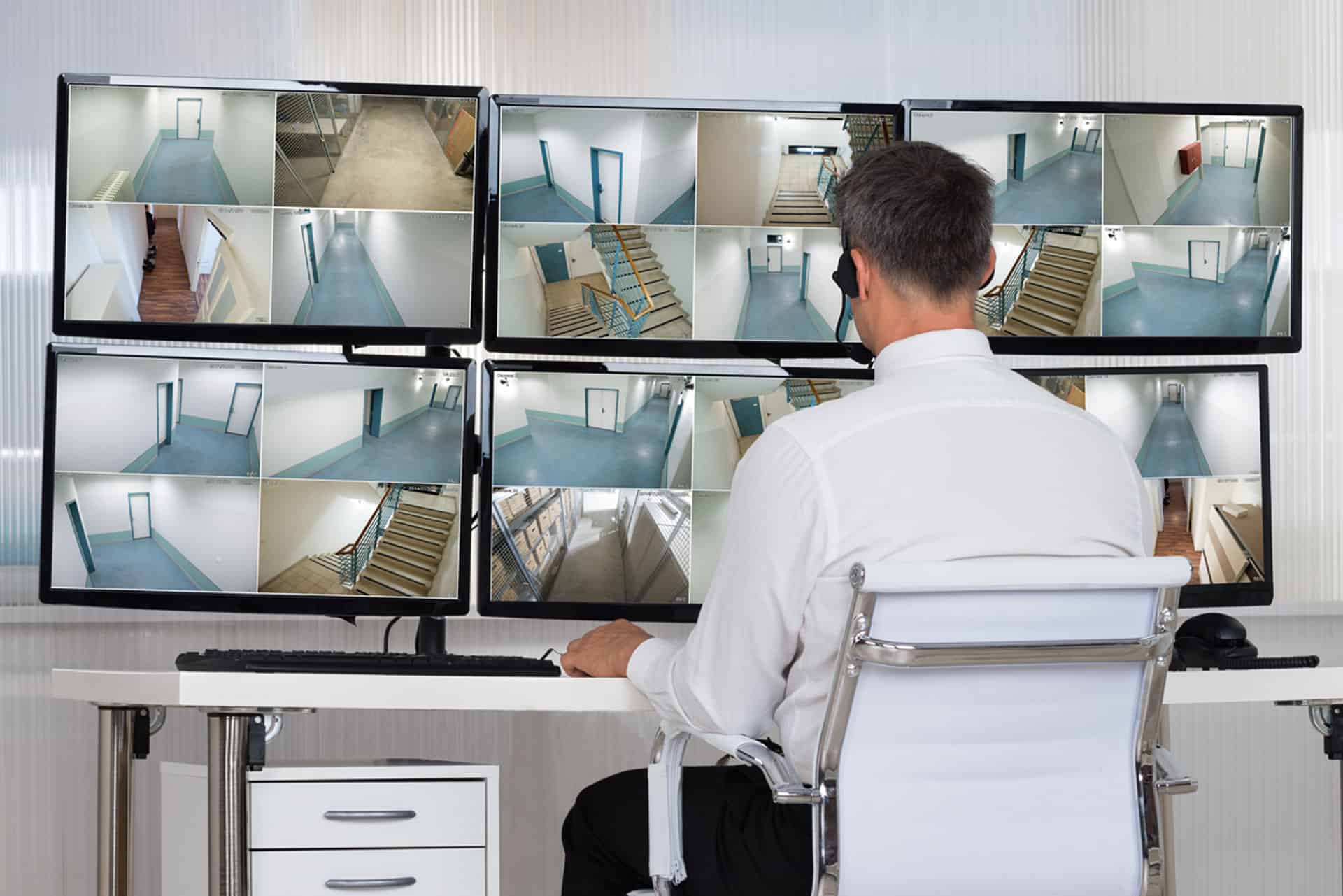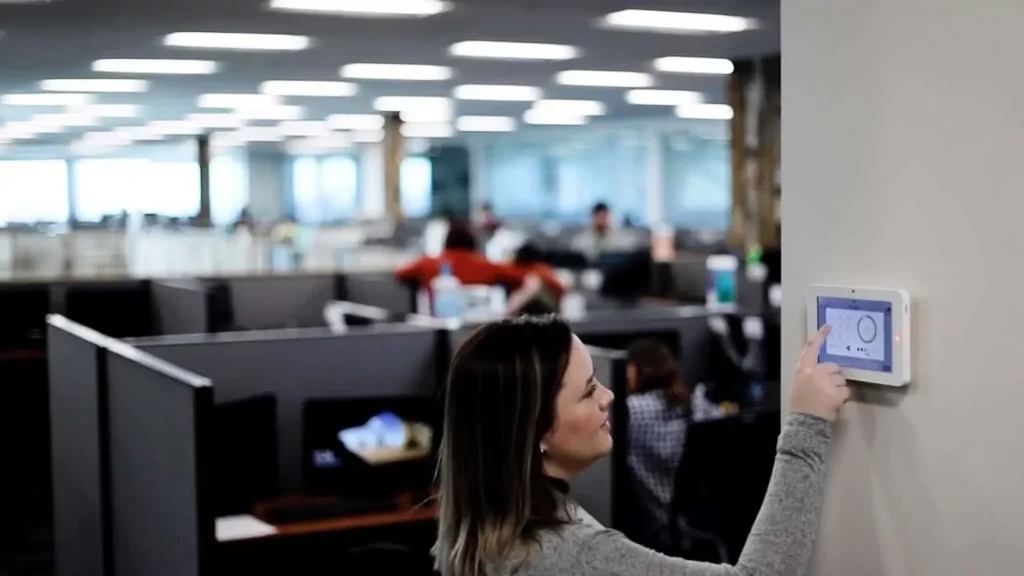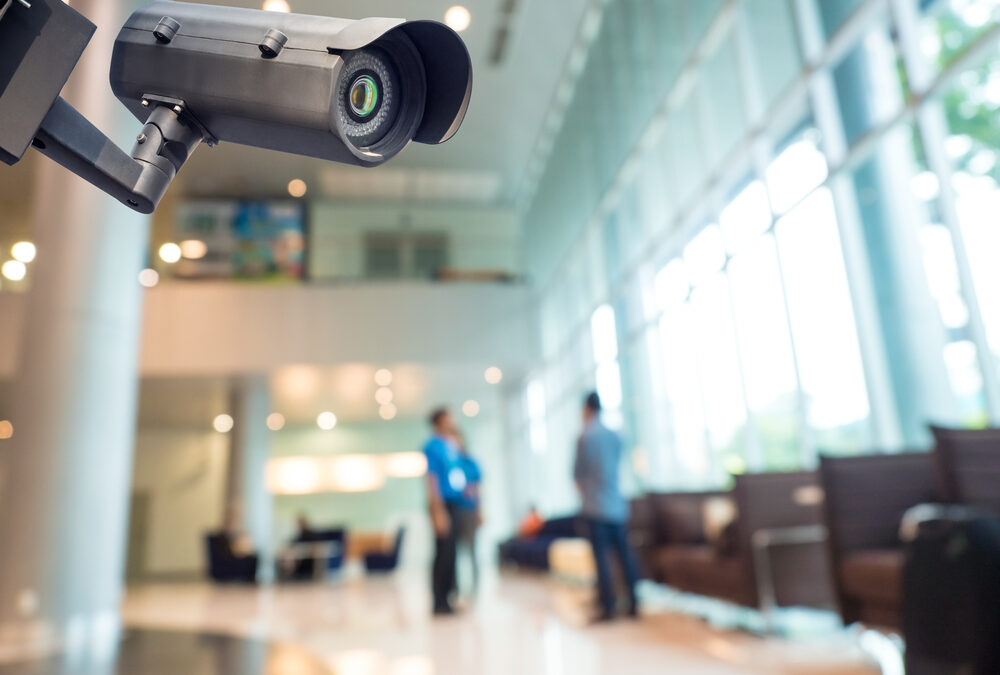In today’s increasingly unpredictable world, safeguarding your commercial property has never been more critical. A robust security system not only protects your assets but also enhances the overall safety and productivity of your business. This article delves into the multifaceted world of commercial property security systems, providing insights into their importance, types, essential features, and the technology driving these innovations.
Understanding the Importance of Commercial Property Security
Commercial properties often face numerous threats, ranging from theft and vandalism to more severe concerns like workplace violence. Therefore, implementing effective security measures is vital. A solid security system acts as a deterrent for potential criminals while providing peace of mind for business owners and employees alike.
Moreover, the financial implications of inadequate security can be dire. A security breach can result in not only the loss of physical assets but also valuable data, potentially leading to a significant loss in revenue and damaging the company’s reputation. Additionally, the aftermath of a security incident can lead to increased insurance premiums and legal liabilities, further straining a business’s financial resources. The emotional toll on employees and management can also be profound, creating a climate of fear and mistrust that can hinder productivity and morale.
The Role of Security Systems in Asset Protection
Commercial Security systems are designed to prevent unauthorized access and protect vital assets. They provide layers of defense that can include physical security measures, such as locks and fences, as well as technological systems like surveillance cameras and alarms. Together, they create a security net that can effectively identify and respond to potential threats. In addition to these traditional methods, modern security solutions often integrate smart technology, allowing for remote monitoring and control via mobile devices. This level of accessibility ensures that business owners can keep an eye on their property from anywhere, adding an extra layer of reassurance.
Furthermore, these systems often come equipped with features that allow for real-time alerts and surveillance, enabling quicker responses to incidents. By actively monitoring your property, you can significantly reduce the likelihood of a successful security breach. The data collected by these systems can also be invaluable; analyzing patterns in security incidents can help refine and enhance security measures over time, ensuring that your defenses evolve alongside potential threats.
Evaluating the Risks: Why Commercial Properties are Targets
Understanding why commercial properties are frequent targets of crime can provide valuable insight into your security planning. Factors contributing to this risk include the presence of valuable equipment, monetary assets, and sensitive information stored on-site. Businesses that handle cash transactions or maintain high-value inventory are particularly vulnerable, as these assets can be enticing to criminals looking for quick gains.
The geographical location of a property can also impact its vulnerability. Areas with higher crime rates or isolated locations tend to attract criminal activity. An in-depth risk assessment can help identify specific vulnerabilities in your commercial property and guide your security strategy effectively. Additionally, the nature of the business itself can influence risk levels; for example, retail establishments may face different threats compared to manufacturing facilities. Understanding these nuances allows for a more tailored and effective security approach, ensuring that all potential risks are addressed comprehensively.
Exploring Different Types of Commercial Property Security Systems
With the evolving landscape of security technology, various systems are designed to cater to specific needs. Broadly speaking, these can be grouped into a few key categories, each offering unique features and benefits.
Surveillance Cameras and Monitoring Systems
Surveillance cameras serve as the eyes of a property, providing comprehensive coverage of your premises. Modern systems often feature high-definition video, night vision, and remote viewing capabilities, allowing business owners to monitor their properties from anywhere.
Additionally, these cameras can be integrated with intelligent analytics software that can detect unusual behavior, ensuring quick responses to potential threats. The visual deterrent of cameras themselves can be enough to discourage criminal activity. Furthermore, many systems now offer cloud storage options, enabling users to store and access footage remotely, which is particularly useful for businesses that may need to review past incidents for legal or insurance purposes.
Access Control Systems
Access control systems enhance security by regulating who can enter specific areas within a commercial property. Utilizing keycards, biometrics, or PIN codes, these systems provide controlled access, significantly reducing unauthorized entry.
These systems not only improve security but also aid in managing employee movement, ensuring that only authorized personnel can access sensitive areas. As a result, they provide a powerful tool for protecting valuable assets and information. Additionally, many access control systems now come equipped with reporting features that allow businesses to track entry and exit logs. This data can be invaluable for auditing purposes and can help identify patterns or potential security breaches over time.
Intrusion Detection Systems
Intrusion detection systems are crucial for identifying any unauthorized access or breaches. These systems often include motion detectors, glass break sensors, and door/window contacts, alerting security personnel or local authorities at the first sign of trouble.
When integrated with a monitoring service, these alarms can ensure quick response times, which is vital in preventing or mitigating losses during a security incident. Moreover, many modern intrusion detection systems are equipped with smart technology that allows for real-time alerts sent directly to the property owner’s smartphone or other devices. This means that even when away from the premises, business owners can stay informed about potential security threats and take immediate action if necessary. The combination of these advanced features not only enhances security but also provides peace of mind, knowing that your property is being monitored 24/7.
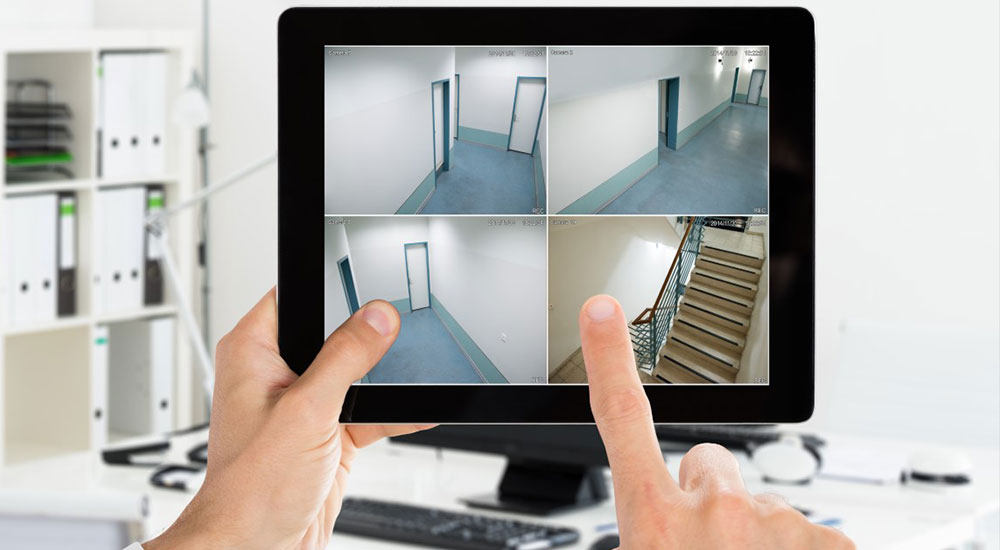
Key Features to Look for in a Commercial Property Security System
Choosing the right security system for a commercial property involves identifying key features that will best serve your unique needs. Click here to learn about office security systems: protecting your work environment with advanced solutions.
Real-time Monitoring Capabilities
Real-time monitoring is an essential feature for any effective security system. Being able to view live feeds from surveillance cameras and receive immediate alerts about suspicious activity can dramatically enhance response times and overall security posture.
Many modern systems allow for remote access, offering peace of mind to business owners who want to keep an eye on their property while away or during off-hours.
Integration with Other Systems
A security system that can seamlessly integrate with other business operations, such as fire safety systems or building management, provides enhanced functionality and efficiency. This integration facilitates a more cohesive approach to safety and security, ensuring all risks are managed comprehensively.
Moreover, modern security solutions that offer integration may also provide data analytics, enabling businesses to analyze trends and optimize their security measures continuously.
Ease of Use and Maintenance
Lastly, an effective security system should be user-friendly and require minimal maintenance. Complex systems can lead to frustration and may not be utilized to their full potential. Look for systems that offer straightforward installation procedures and comprehensive user training.
Additionally, regular maintenance should be accessible, ensuring that your systems remain in peak operational condition without extensive downtime or excessive costs.
The Role of Technology in Enhancing Commercial Property Security
Recent advancements in security technology have transformed the way businesses protect their assets. From smart systems to AI-driven analytics, technology plays an invaluable role in enhancing security measures.
The Impact of Artificial Intelligence and Machine Learning
Artificial intelligence (AI) and machine learning have introduced significant improvements in security. These technologies can analyze data from security feeds, enabling more sophisticated threat detection and response strategies. For instance, AI can learn typical patterns of behavior and alert users when unusual activity occurs, significantly reducing false alarms.
Moreover, these intelligent systems can adapt and evolve, continuously improving their monitoring capabilities based on real-time data and changing environments.
The Benefits of Cloud-Based Security Systems
Cloud-based security systems offer numerous benefits, including remote access, scalability, and cost-effectiveness. By storing data on the cloud, businesses can access their security feeds from anywhere, enabling a more flexible approach to property monitoring.
Additionally, cloud systems often provide automatic updates and enhancements, ensuring that your security measures are always up to date without requiring significant investment in new hardware.
Implementing a Comprehensive Security Plan for Your Commercial Property
Designing an effective security plan requires careful assessment, planning, and execution tailored to your specific property needs.
Assessing Your Property’s Security Needs
Begin by evaluating your specific security risks and needs. Conduct a thorough threat analysis to identify vulnerabilities and prioritize the most critical areas. Engaging with security professionals can provide invaluable insights and recommendations tailored to your unique situation.
Consider factors like the location, type of business, and the nature of the assets you are protecting, as these will significantly influence your security strategy.
Choosing the Right Security System
Based on your assessment, explore various security solutions that meet your identified needs. Seek systems that offer the features discussed above, such as real-time monitoring, integration capabilities, and ease of use. Consulting with security experts can provide industry insights and guide you towards the most effective systems.
Remember that investing in reputable brands with solid support and service history can make a substantial difference in the long run.
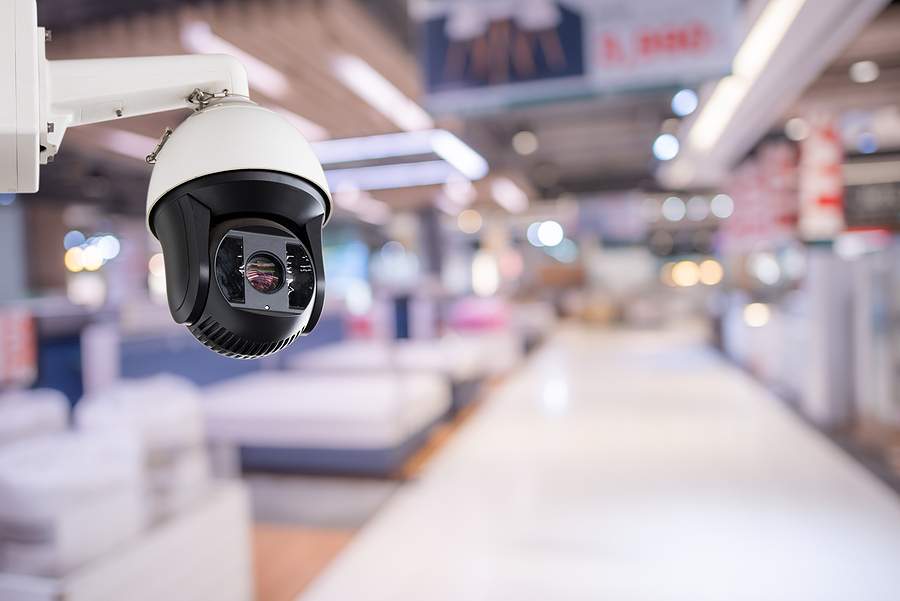
Regular System Checks and Updates for Optimal Performance
Once you have implemented a security system, it is crucial to maintain it rigorously. Regular system checks and updates ensure that all components are functioning optimally and that vulnerabilities are addressed promptly.
Establishing a routine for system maintenance can extend the life of your security measures and help maintain the highest level of protection for your commercial property.
In conclusion, the importance of commercial property security systems cannot be overstated. By understanding the risks, exploring various security options, and implementing a tailored security plan, you can ensure the maximum protection of your valuable assets and create a secure environment for your business to thrive.
